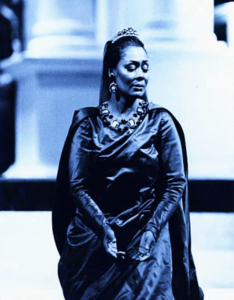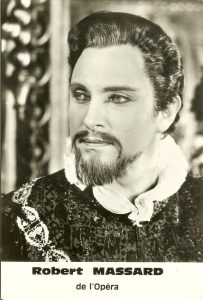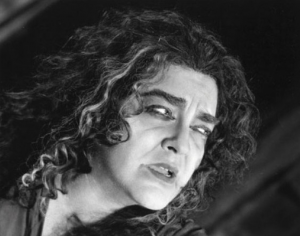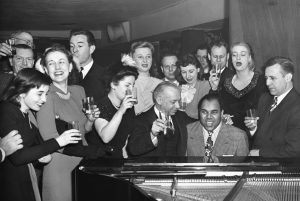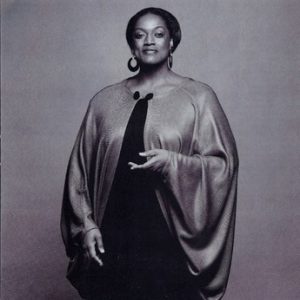Podcast: Play in new window | Download (Duration: 1:25:43 — 102.2MB) | Embed
Subscribe: Spotify | TuneIn | RSS | More
Once again we have reached the climax of the penitential season of Lent, the most theologically significant week in the Christian calendar, namely Holy Week. Even for those who are not observant Christians, this period, standing as it does on the threshold of spring, the season of rebirth, can be a time of meditation and remembrance. To help support this contemplative moment I have compiled selections from some of the larger oratorios and liturgical works composed during the Romantic era performed by some of the greatest classical vocalists of the last century. Composers include Brahms, Dvořák, Rossini, Schubert, Franck, Mendelssohn, Beethoven, and Elgar; singers include sopranos Margaret Marshall, Leontyne Price, Pilar Lorengar, Judith Raskin, and Elizabeth Harwood; mezzo-sopranos Betty Allen, Alfreda Hodgson, and Shirley Verrett; tenors David Rendall, Alejandro Ramírez, and Richard Lewis; and bass-baritones Tom Krause and Franz Crass led by conductors Andrew Davis, Eugene Ormandy, James Conlon, George Szell, Rafael Kubelik, Michel Corboz, and Herbert von Karajan. No matter what your faith or belief system, there is an outpouring of beautiful music and singing contained in this episode that will fully engage your mind and spirit.
Countermelody is a podcast devoted to the glory and the power of the human voice raised in song. Singer and vocal aficionado Daniel Gundlach explores great singers of the past and present focusing in particular on those who are less well-remembered today than they should be. Daniel’s lifetime in music as a professional countertenor, pianist, vocal coach, voice teacher, and journalist yields an exciting array of anecdotes, impressions, and “inside stories.” At Countermelody’s core is the celebration of great singers of all stripes, their instruments, and the connection they make to the words they sing. By clicking on the following link (https://linktr.ee/CountermelodyPodcast) you can find the dedicated Countermelody website which contains additional content including artist photos and episode setlists. The link will also take you to Countermelody’s Patreon page, where you can pledge your monthly support at whatever level you can afford.

